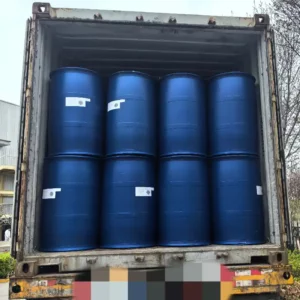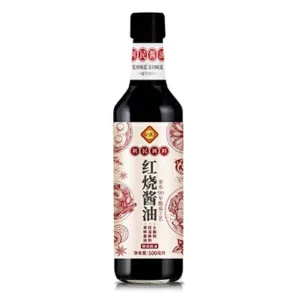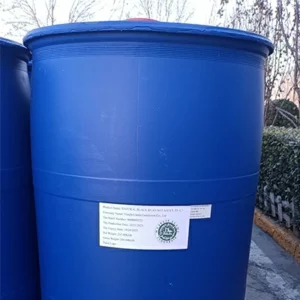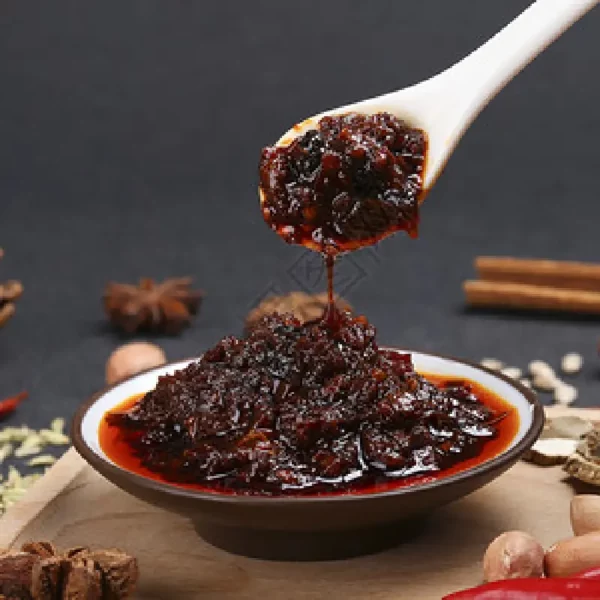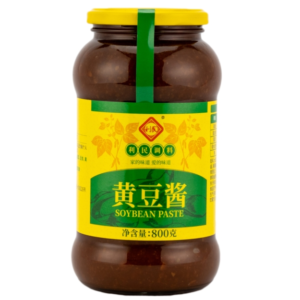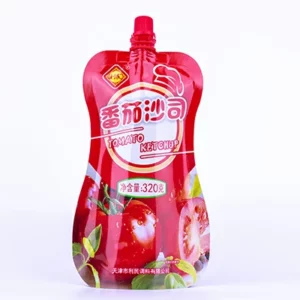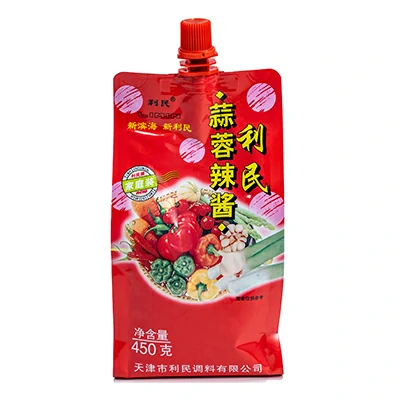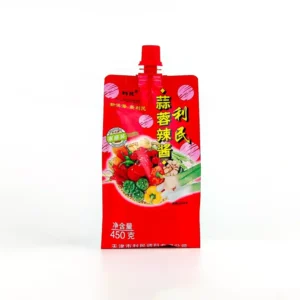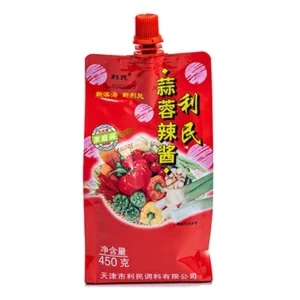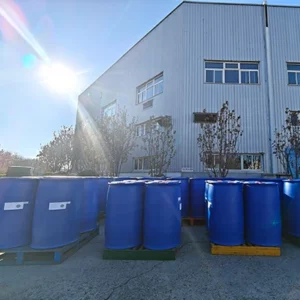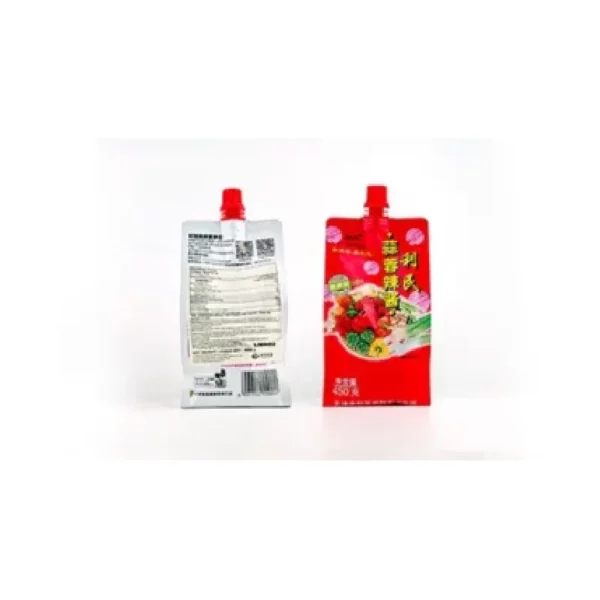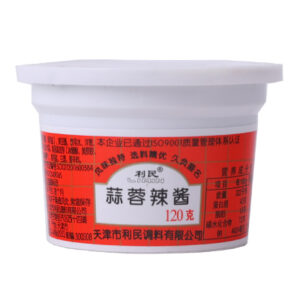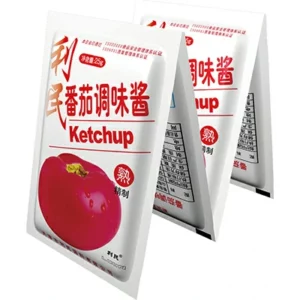Soy sauce, a ubiquitous condiment in Asian cuisine, has captivated taste buds worldwide with its distinct umami flavor. Originating in China over 2,500 years ago, soy sauce has evolved into a versatile ingredient, adding depth and complexity to countless dishes. From the dark, molasses-like premium dark soy sauce to the light and delicate Japanese soy sauce, this fermented liquid gold has become an indispensable element in culinary creations across the globe.
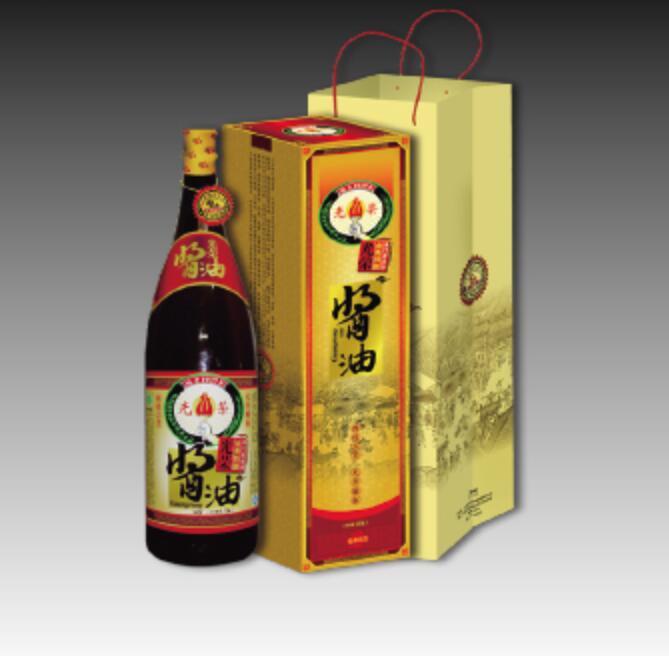
Premium Dark Soy Sauce: A Culinary Masterpiece
Premium dark soy sauce, also known as “superior dark soy sauce”, is a luxurious soy sauce that embodies the essence of traditional craftsmanship. Produced using high-quality soybeans, wheat, and salt, premium dark soy sauce undergoes an extended fermentation process that results in a rich, complex flavor profile. Its dark brown color and slightly sweet taste make it a favorite among culinary enthusiasts seeking authentic Asian flavors.
The Applications of Soybean Soy Sauce
Soybean soy sauce, also known as “light soy sauce”, is a versatile soy sauce that finds its way into various culinary creations. Made from fermented soybeans, wheat, and salt, soybean soy sauce has a lighter color and a saltier taste compared to dark soy sauce. It is commonly used as a dipping sauce, marinade, or seasoning for a wide range of dishes, including noodles, stir-fries, and dumplings.
Why Do I Need To Refrigerate Soy Sauce?
Refrigerating soy sauce, regardless of its type, is essential for maintaining its quality and preventing spoilage. Here are a few reasons why refrigeration is crucial for soy sauce:
- Preservation of Flavor: Soy sauce contains various amino acids, sugars, and other compounds that contribute to its distinct flavor. Refrigeration helps preserve these compounds and prevents their degradation, ensuring that fresh soy sauce retains its original taste and aroma.
- Prevention of Microbial Growth: Soy sauce is a fermented product that contains live microorganisms. Refrigeration slows down the growth of these microorganisms, preventing the soy sauce from spoiling and developing off-flavors.
- Extension of Shelf Life: Refrigerating soy sauce significantly extends its shelf life. An unopened bottle of soy sauce can last for several months in the refrigerator, while an opened bottle can typically last for several weeks.
Additional Tips for Storing Soy Sauce:
- Store in an Airtight Container: Soy sauce should be stored in an airtight container to prevent oxidation and contamination.
- Avoid Direct Sunlight: Soy sauce should be stored away from direct sunlight, as exposure to light can cause the soy sauce to lose its flavor and color.
- Do Not Freeze: Freezing soy sauce is not recommended, as it can alter the texture and flavor of the soy sauce.
Conclusion: Preserving Culinary Delights
Refrigerating soy sauce is a simple yet essential step to preserve its quality and flavor. By following these storage guidelines, you can ensure that your soy sauce remains a delicious and versatile culinary companion, enhancing your cooking adventures for many meals to come.



